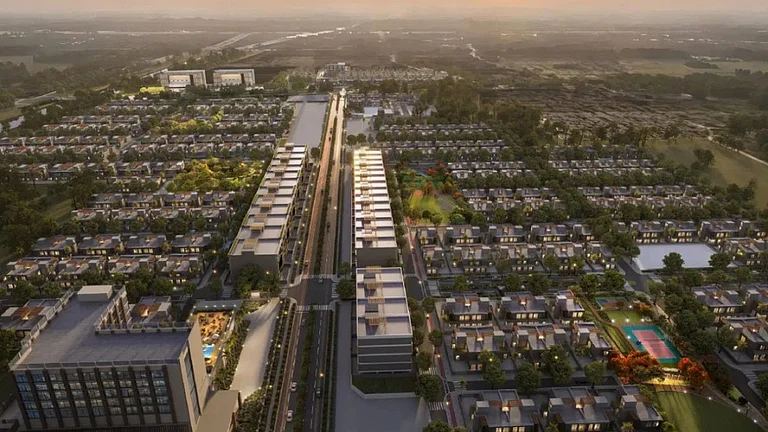The Pact for the Future covers a vast array of global issues, from peace, security, and sustainable development to climate change, digital cooperation, and human rights.
Key highlights include the most significant Security Council reform since the 1960s and a renewed push for nuclear disarmament, as well as measures to prevent an arms race in outer space and the misuse of new technologies.
Leaders hailed the agreement as a turning point for international cooperation. Speaking at the Summit of the Future, the UN Secretary-General emphasised that the Pact opens doors to new opportunities and global governance reforms that could shape a more inclusive and representative international order. He stressed the need for a system built for future generations rather than relying on structures established by past ones.
The Global Digital Compact, a key element of the Pact, provides the first international framework for AI governance and digital cooperation, aimed at making technology safe and beneficial for all. It also introduces the Declaration on Future Generations, ensuring the voices of youth and future leaders are considered in global decision-making.
Commitments within the Pact include enhanced support for the Sustainable Development Goals, ambitious climate action, and the introduction of a global minimum tax for high-net-worth individuals.
Stronger protections for human rights defenders, gender equality, and broader stakeholder engagement in governance are also featured.
The agreement is widely seen as a critical step in revitalising global governance, with concrete follow-up actions ensuring the commitments made are implemented to tackle the challenges of the future.































